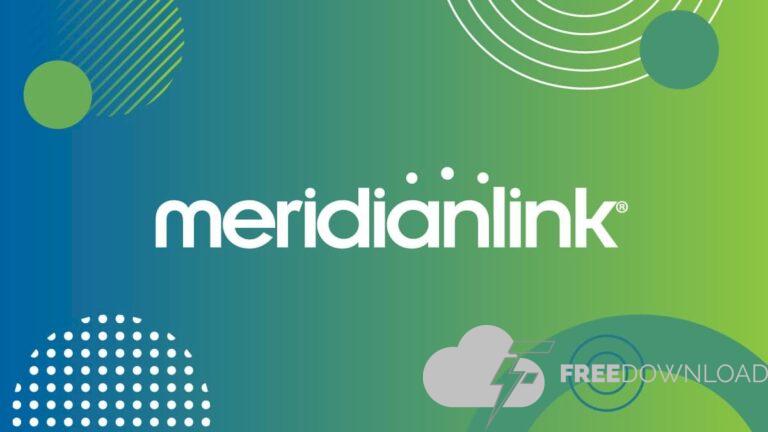Apple Intelligence now available in 6 more countries
Apple Intelligence debuted with iOS 18.1 in the US in October. Now, the much-awaited AI features are available in 6 more countries: Australia, Canada, Ireland, New Zealand, South Africa, and the UK. Users can now enable Apple Intelligence in these regions to access various features powered by artificial intelligence. , Siri now has ChatGPT integrated, and you can use it without signing in to your OpenAI account. If you have a ChatGPT Plus subscription, you can optionally choose to sign in to your account to enjoy the premium features it offers.
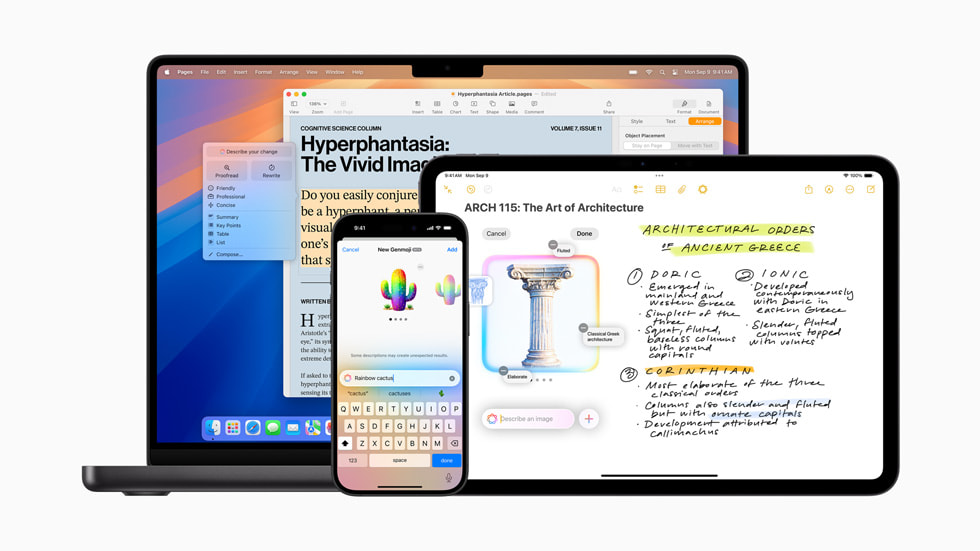
Apple Intelligence offers options like Rewrite, Proofread, and Summary, which you can access through multiple apps, including Notes, Mail, etc. The Image Wand can create images based on the contents of the note. Those who want to create images with AI will find Image Playground useful, it is integrated into many apps, including messaging, and is also available as a standalone app. Camera controls, visual intelligence, Genmoji, are some of the features that users can now access on devices running iOS 18.2, iPadOS 18.2, and macOS 15.2 Sonoma.
While this may sound impressive on paper, the fact is that Apple Intelligence is still only available to English-speaking users. Naturally, users around the world are not happy with the delay, especially considering how aggressively Apple Intelligence was promoted as a flagship feature. Apple says it plans to release an update in April next year to bring some features to more countries. Apple will add support for Chinese, English (India), English (Singapore), French, German, Italian, Japanese, Korean, Portuguese, Spanish and Vietnamese next year and has confirmed that Apple Intelligence will also be available in the EU. ,
Sora: OpenAI’s video generator is here
After dominating the chatbot industry with ChatGPT, OpenAI wants to take AI to the next level. The company has launched SoraIts an AI-powered tool that can generate videos from text, images, and videos. Users will be able to use Sora make video Which are up to 20 seconds long by simply entering text prompts. It’s incredible that you can do this shoot a video By describing from the beginning what you want to see. Alternatively, you can also upload some images or videos, and ask the AI tool to create a video based on the media.
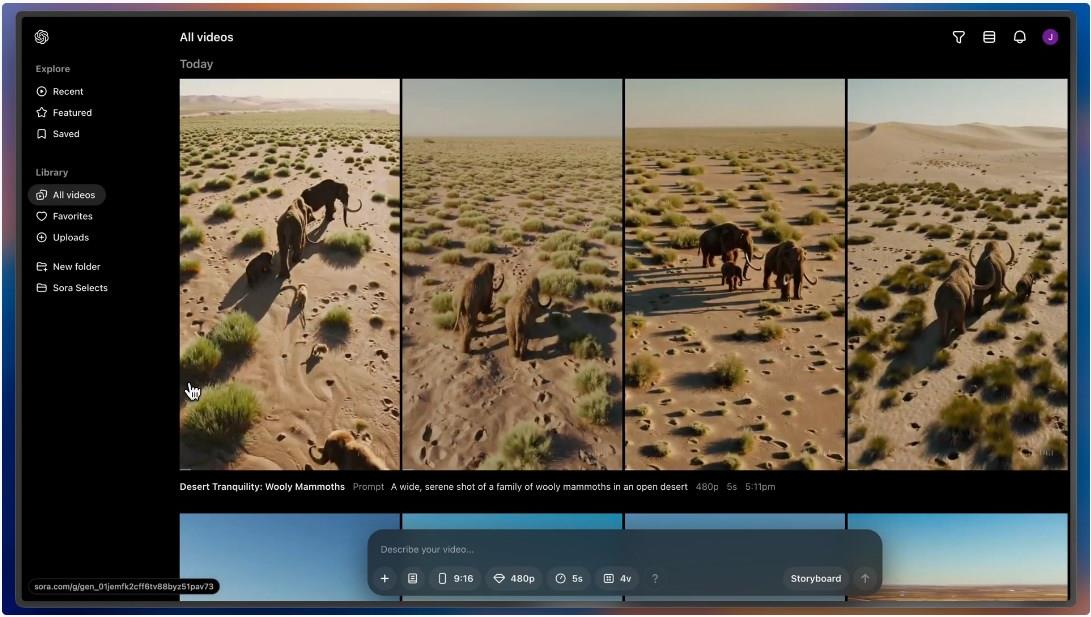
Sora has several limitations, primarily to reduce the load on its servers. This is why Sora is not available to free users or those with a ChatGPT Team, Enterprise, or Edu subscription. OpenAI has made Sora available exclusively for the ChatGPT Plus and ChatGPT Pro tiers. The latter was announced last week, and costs $200 per month, but includes unlimited use of Sora.
Pegasus spyware infection could have been more widespread
The Pegasus spyware could have spread more widely than imagined. While the tool was used primarily to target government officials, journalists, and activists, a Report by iVerify Turns out that the spyware that affected both Android and iOS users had managed to infect 2500 devices for every 1 million phones.

As part of its mobile threat hunting process, the company has launched an app called iVerify Basic, which helps detect whether a device is infected with Pegasus spyware or not. Users can purchase the app for $0.99 and install it on their iPhone or Android devices to scan for Pegasus infection. The app also provides security guides to protect user data. It is unclear how efficiently the app can detect spyware.
Non-personalized results from Google search are not anonymous
Google has introduced a new feature to its search engine that allows users to view queries without personalizationIts aim is to provide better search results based on user’s data such as previous searches, activity, location, interactions with ads etc. Google uses your usage to learn how relevant results are to you, and this happens even if you’re not signed in to your account.
Users who access the search results page on Google’s website on a mobile platform or PC can click the “Try without personalization” option that appears at the bottom of the page to see results that the company claims That they do not suit your use. ,
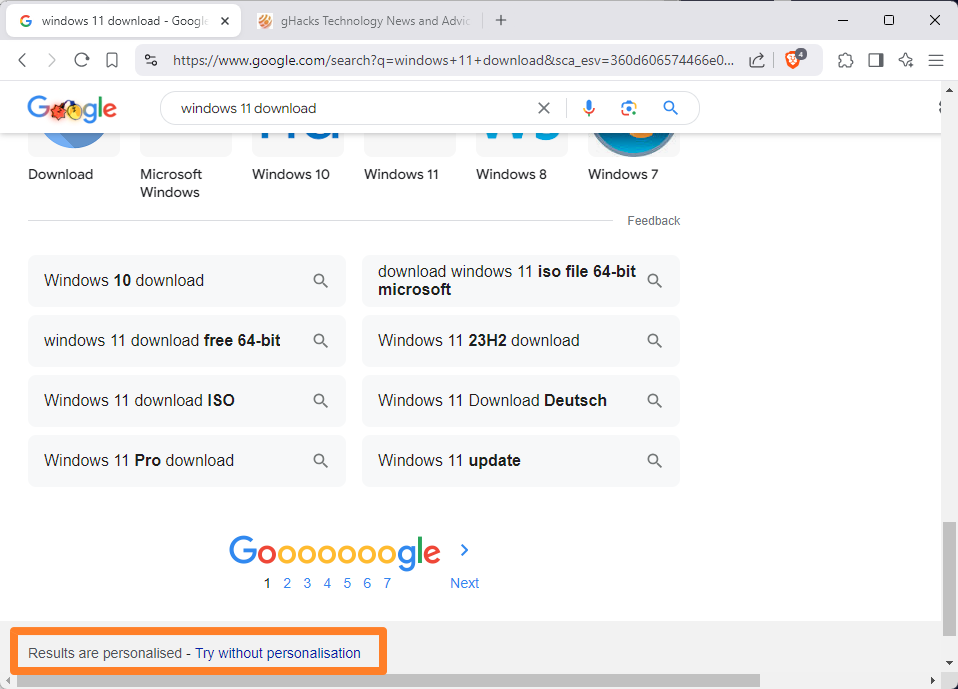
There are some problems with how this feature has been advertised. These non-personalized results aren’t truly anonymous, so Google will still use the data to improve its results. When you disable Personalization, it also disables AutoComplete. Google has acknowledged that the feature still relies on some user data to generate search results, even if the user has activated the “Do not Personalize” option.
Want a vertical taskbar on Windows 11? get started11
Stardock has done the impossible, giving users of the Start11 program the power to move the Windows 11 taskbar to the edges of the screen. Thousands of users are requesting Microsoft to add an option vertical taskbar on windows 11But the company has ignored the requests, instead focusing on other areas of the operating system. It is noteworthy that this feature was present in previous versions of Windows, so the removal of the option was a disappointment to many users.
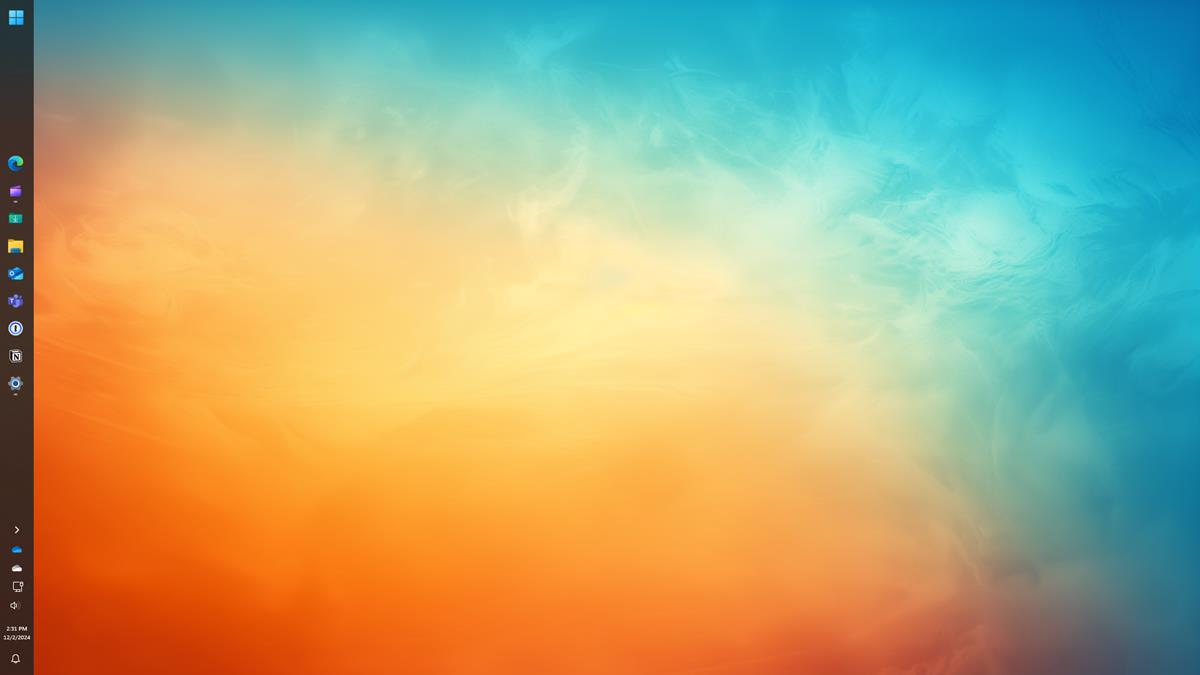
Start11, a premium app that costs $9.99, has been updated to beta version v2.5. This new release adds an option that allows you to move the taskbar to the left or right side of your monitor. Just a few clicks are required to apply the changes. It also improves support for the left-aligned Start button on multiple screens, now you can use it on more than two monitors. Users have criticized Microsoft for failing to achieve what third-party apps have achieved.
Windows recalls collecting sensitive data even if you tell it not to do so
Microsoft’s Windows recall faced criticism from privacy and security experts who were concerned about the privacy risks it posed. The AI powered tool records the screen once every 5 seconds, which means it knows everything you do on your computer. Shortly after, Microsoft lifted the recall from the launched Copilot+ PCs. However, that didn’t stop the Redmond company from working on the controversial app.
The recall is currently being tested in Insider builds, but it appears that the company still hasn’t learned its lesson. Now, information has surfaced that says Windows Recall collects sensitive information Even when a user has turned off filters for sensitive data. The app reportedly recorded data from Notepad, content in PDF form in Microsoft Edge, and custom web forms that held user data such as credit card numbers, though it appeared to block information on online stores.


